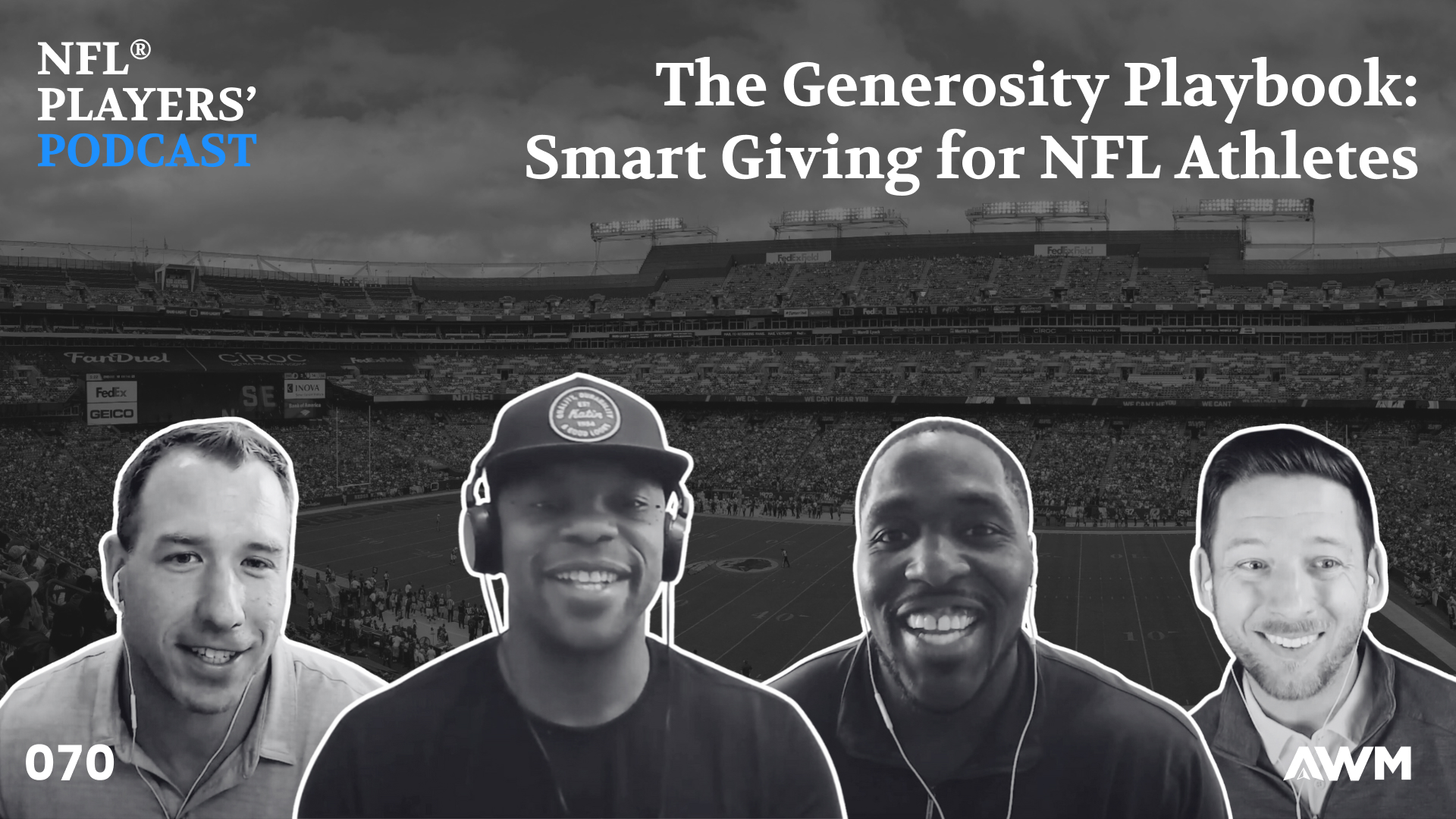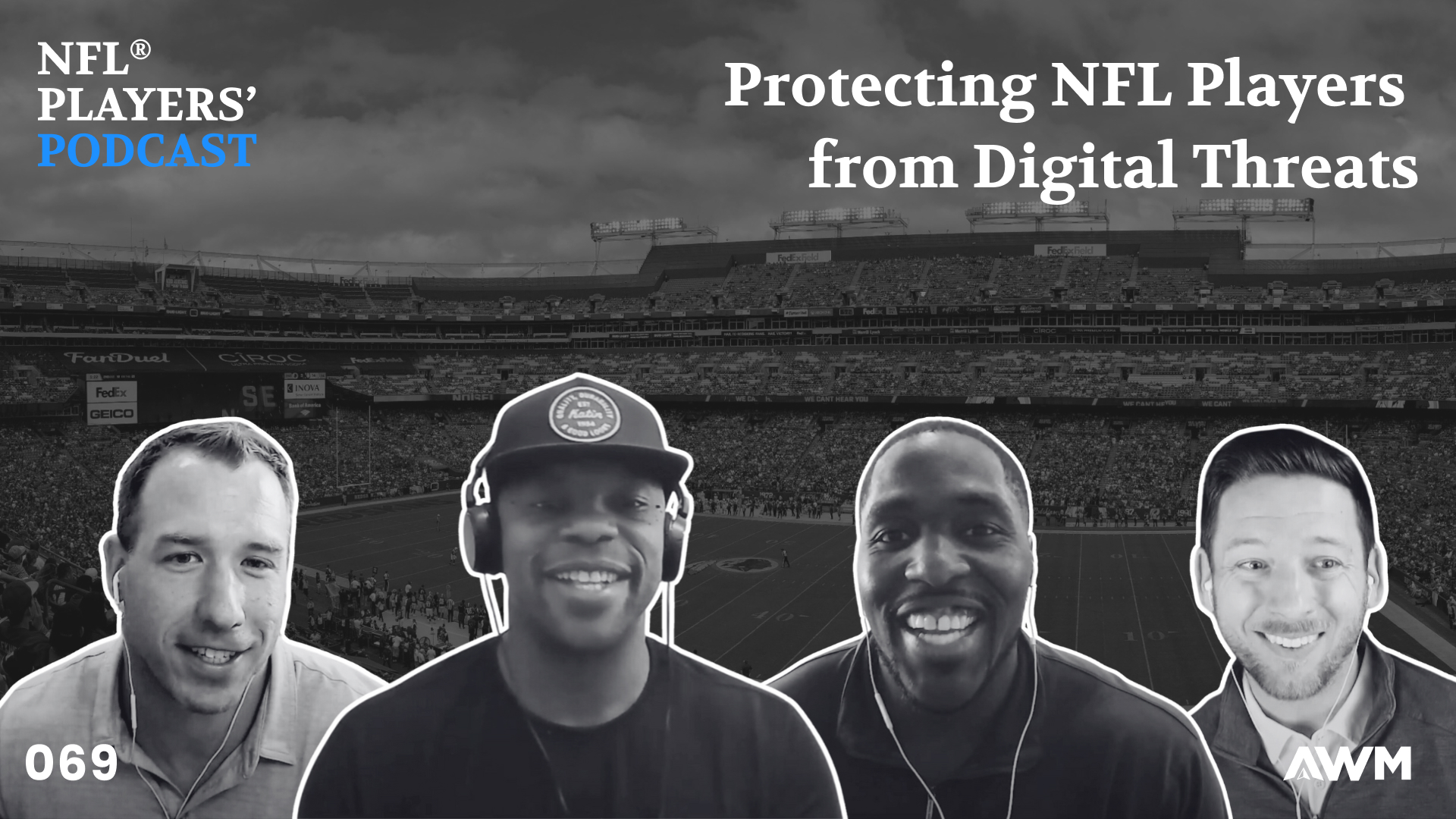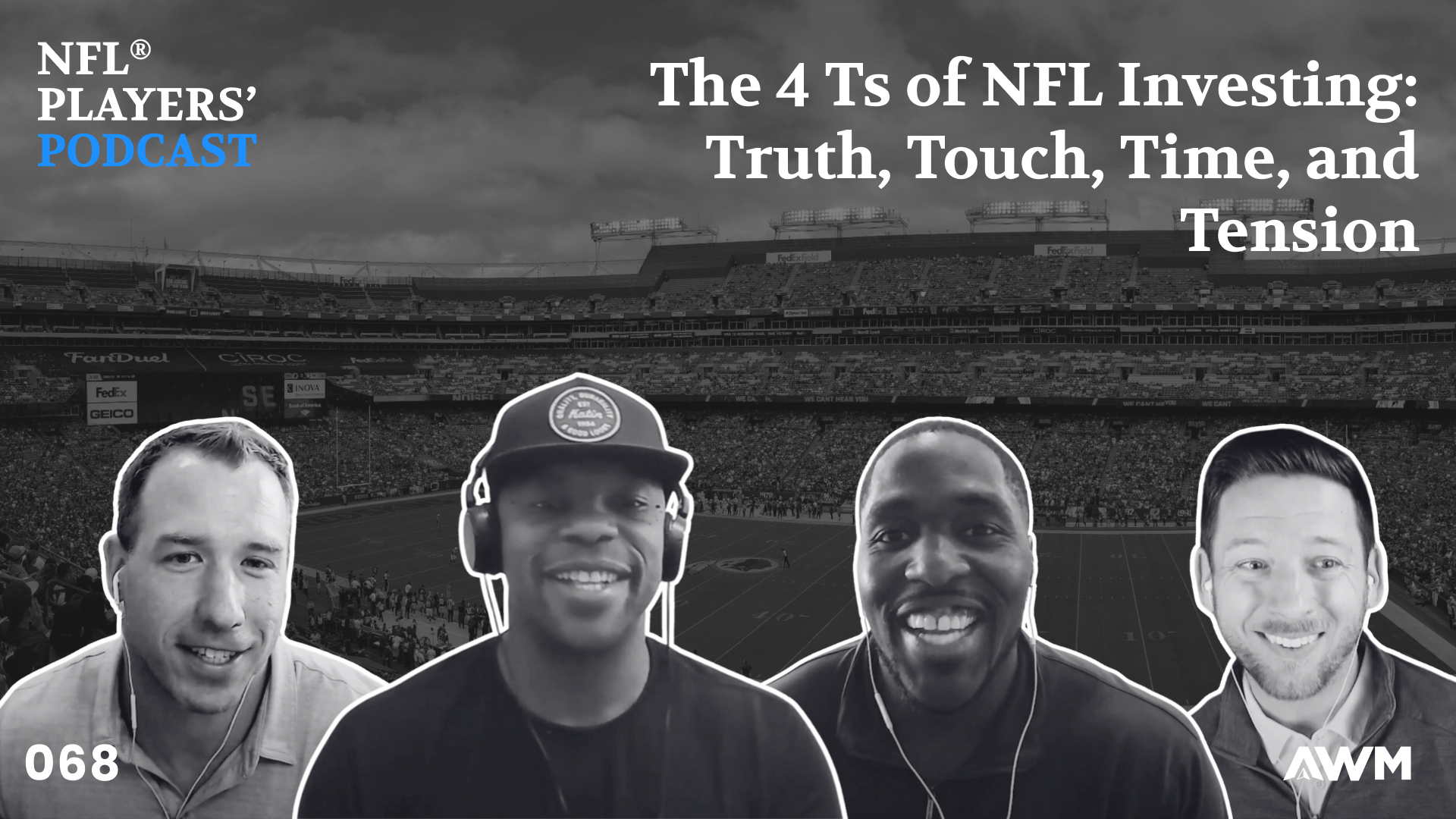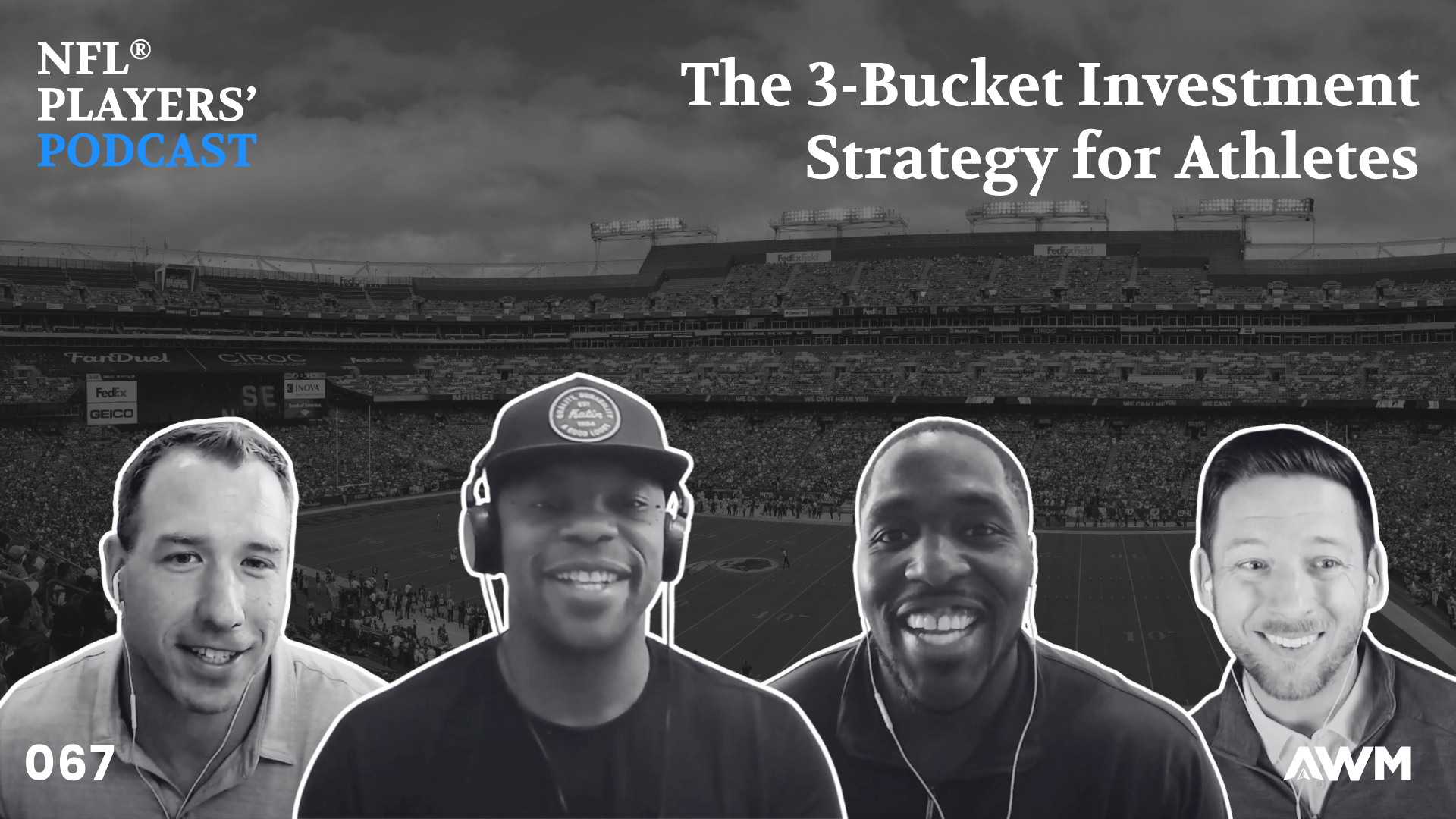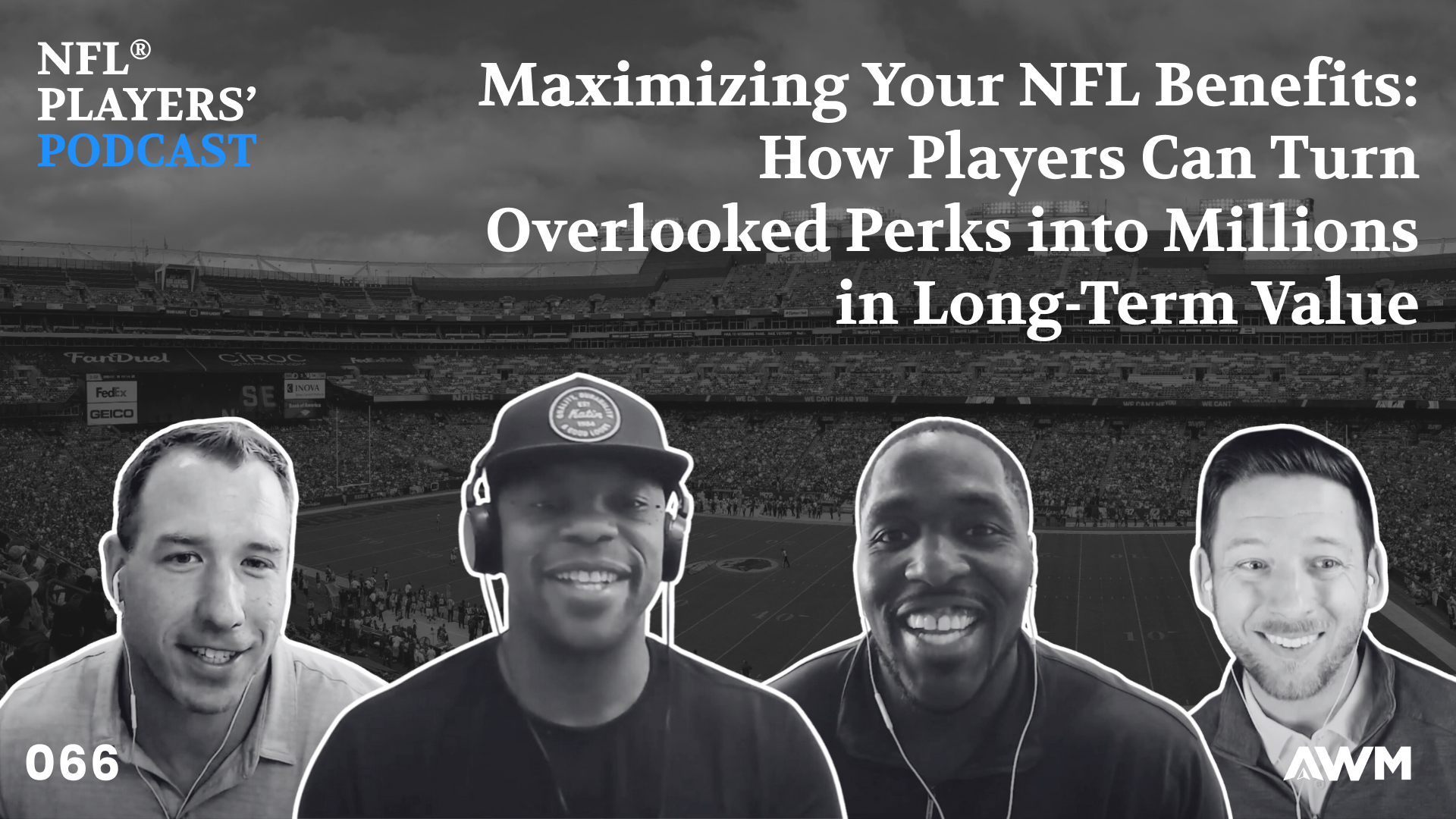The Athlete CEO: Capturing Value On And Off The Field

In the NFL, value is earned on the field but captured through contracts, strategy, and relationships. Players who approach themselves as businesses and understand guaranteed money win beyond the game—setting up a foundation for family and legacy.

Seeing Yourself as the Business: The Athlete CEO Perspective
Walk into the NFL and you step into a whole new playbook. You’re no longer just the product on the field—you become the CEO of your own enterprise, steering your name, your relationships, and your capital with the care and discipline of a family steward. Riccardo Stewart calls this “making the invisible visible.” You start with belief in your ability, but what sets the pros apart is translating that belief into something others see, trust, and eventually invest in.
Great teams succeed because they understand every player brings more than stats—a good coach pulls together strengths, weaknesses, and vision to win for years, not just quarters. That’s the same strategy you need as a player. You must see all that you bring—physical ability, intellectual approach, social capital—as assets on your balance sheet. On the field, your work creates that value. The next move is understanding how to capture it in contracts, in branding, and in the way you connect off the field.
Inside the Contract: Why Guarantees are the Real Scoreboard
Headline deals in the NFL catch attention, but the numbers on paper tell only half the story. Jeff Locke lays out where the value truly sits: 43 NFL players have contracts with headlines over $100 million, but only 20 have $100 million actually guaranteed. In Major League Baseball, every contract over that threshold is fully guaranteed—68 total. The NBA is even further ahead, with 82 fully guaranteed. The NFL, despite its spectacle, remains the league where security is something you negotiate, not something you’re handed.
Brock Purdy’s contract highlights this reality. Every highlight on the sports ticker—five years, $265 million—is just pageantry until you get into the guarantees. $40 million lands as a signing bonus, fully guaranteed and, as Zach Miller explains, money in your account for showing up. Then, $100 million more, fully protected against injury, performance, or cap changes. Past that, what’s labeled as guaranteed—sometimes up to $180 million—is only as strong as its clause. The lesson: not every “guarantee” survives when teams rework rosters, chase cap space, or simply move on.
Contracts often include team-friendly outs. As with Purdy, the 49ers can pivot after three years, walking away from the “paper money” that fills out the deal’s back half. GMs and owners design it this way for a reason. A veteran’s advice rings out: use every ounce of leverage. As an NFL player, your focus should be simple—get as much as you can, as early as you can, and fight for true guarantees. Don’t let your comp sheet rest on “the last few years,” because the team may not be there when you expect. Guaranteed money is the scoreboard that matters.
This is chess, not checkers: you’re negotiating with a business that sees you as a line item in their operating cost. Owners push relentlessly to contain player costs, not out of spite, but stewardship toward the team. That’s why NFL contracts don’t look like baseball or basketball. Knowing this, top players—real Athlete CEOs—walk into negotiations ready. They leave sentiment in the locker room and fight for what’s real.
Beyond the Contract: Turning Reputation and Relationships into Revenue
Once you’ve fought for security, the game shifts again. As Sam Acho points out, you don’t capture your full worth only through the contract. The next source of value is who you are beyond game day. This is where community engagement and personal relationships turn an athlete into a local—and sometimes national—brand.
You don’t need to be the starting quarterback to build opportunity. Consistent performance and a reputation for reliability open doors at every level. Community events, team appearances, charity initiatives, and building honest connections draw sponsors—both local and national—into your orbit. Brock Purdy headlines commercials, but every player who’s present in their market creates partnership opportunities.
Brand sponsors care as much about character as stat lines. When people meet you, it’s the impression you leave in the boardroom or the school gym that sticks. That’s when your name becomes a business—not just for your benefit, but for the legacy you carry for your family. Reputation is a compound asset, growing each time you show up, perform, and connect the right way.
This isn’t just endorsement money. It’s building long-term opportunities. Deals that start with local car dealerships or restaurant chains can become recurring off-field revenue well into retirement. Every handshake at a charity event can lead to a business introduction down the road. Athletes with vision build a portfolio of relationships, not just highlight reels.
The Stewardship Mindset: Preparing for your Family’s Future
At its core, capturing value in the NFL is about stewardship. Owners see themselves as stewards of a franchise. Players who thrive adopt that same posture—thinking about long-term security, not just fast-moving headlines. The business of you will merge with team strategy and league economics, and you need to know which rooms you’re walking into and what roles you’re playing.
Leverage is earned through preparation. As Sam and Zach share from their time on the NFLPA executive committee, players are often treated as “player cost” by team owners. Long-term relationships and even friendships shift in negotiations. That’s why operating like a business leader matters—advocating for guaranteed, early compensation; building brand value off the field; and planning every move to serve your future, not just today’s game.
A family steward builds for the long haul. Combine the mindset of the general manager, the playbook precision of the quarterback, and the relationship skills of a captain. Every decision becomes a move in a generational game—laying groundwork for what your kids, and their kids, will carry long after you hang up your cleats.
That’s the true pursuit of the Athlete CEO: value captured early, relationships invested wisely, and a legacy constructed with intention. In this league and in life, it’s what you secure and build on day one that fuels your victory for years to come.
Transcript
Share this post
Related articles
Your Family Office

We're here to help you navigate.
Our advisors are ready to serve as your Athlete Family Office.
Your Family Office

We're here to help you navigate.
Our advisors are ready to serve as your Athlete Family Office.





